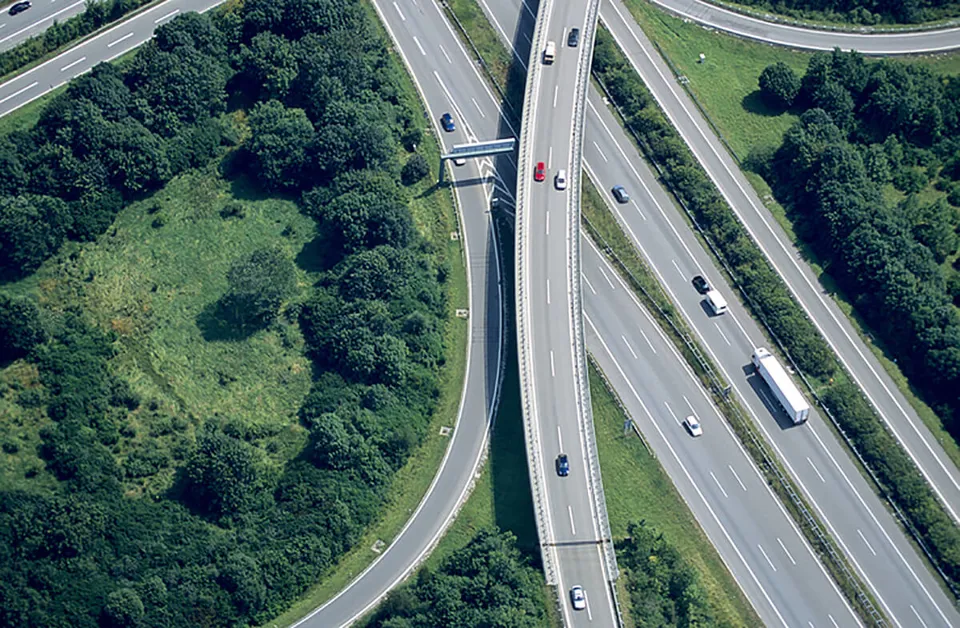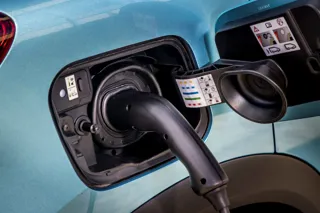Both internal combustion engine (ICE) and electric vehicle (EV) drivers are adapting their driving styles to reduce their operating costs, new research from Novuna Vehicle Solutions suggests.
Two-in-three (63%) ICE drivers and two-in-five (42%) EV owners are employing methods such as driving more cautiously, not leaving the window open, and emptying the boot to make the car lighter.
A quarter (24%) of EV drivers have also begun to use their cars less frequently, electing to use other modes of transportation instead.
Other cost-cutting measures include a third (32%) of motorists saying they were charging their EV at home more regularly in order to avoid higher tariffs on public charge points.
The findings, based a poll of 2,000 motorists conducted in July, are released at a time when rising energy bills are pushing inflation to a 40-year high.
Energy regulator Ofgem is set to announce a record jump in the energy price cap on Friday, with current forecasts warning of a near doubling of the average energy bill from £1,971 to £3,553 this winter.
Fuel prices have also hit fresh highs in 2022, with Novuna’s research showing that a third of ICE drivers (35%) are “extremely” concerned about the current cost of fuel, and half (50%) are now likely to switch to an EV for their next car.
Furthermore, 85% drivers of EVs say they would join the revolution and make their home charger available to the public if they could charge fellow motorists to use it, while just over a quarter (27%) are considering fitting solar panels or heat pumps to reduce reliance on the National Grid.
Jon Lawes, managing director of Novuna Vehicle Solutions, said: “The rising cost-of-living means households are considering all sorts of cost-cutting options ahead of what is quickly shaping up to be a winter of discontent.
“EV drivers who have previous benefitted from favourable home charging tariffs might now be looking to monetise their charger, to help with spiralling costs.
“It’s also encouraging to see that half of UK motorists are on board with the benefits of EVs, and now say they are likely to get one for their next car.
“Although the upfront cost of an EV might look more expensive in some cases, the long-term running costs will almost always be lower than for a petrol or diesel car, even accounting for soaring energy prices.”
With more than 400,000 privately owned EV chargers, and homeowners with off-street parking able to charge up to £3,000 a year by sharing their charger with neighbours, so called ‘community charging’ is facilitating EV adoption for drivers who cannot install an EV charger at home while providing extra income for hosts renting out their charger, says Novuna.






















Login to comment
Comments
No comments have been made yet.